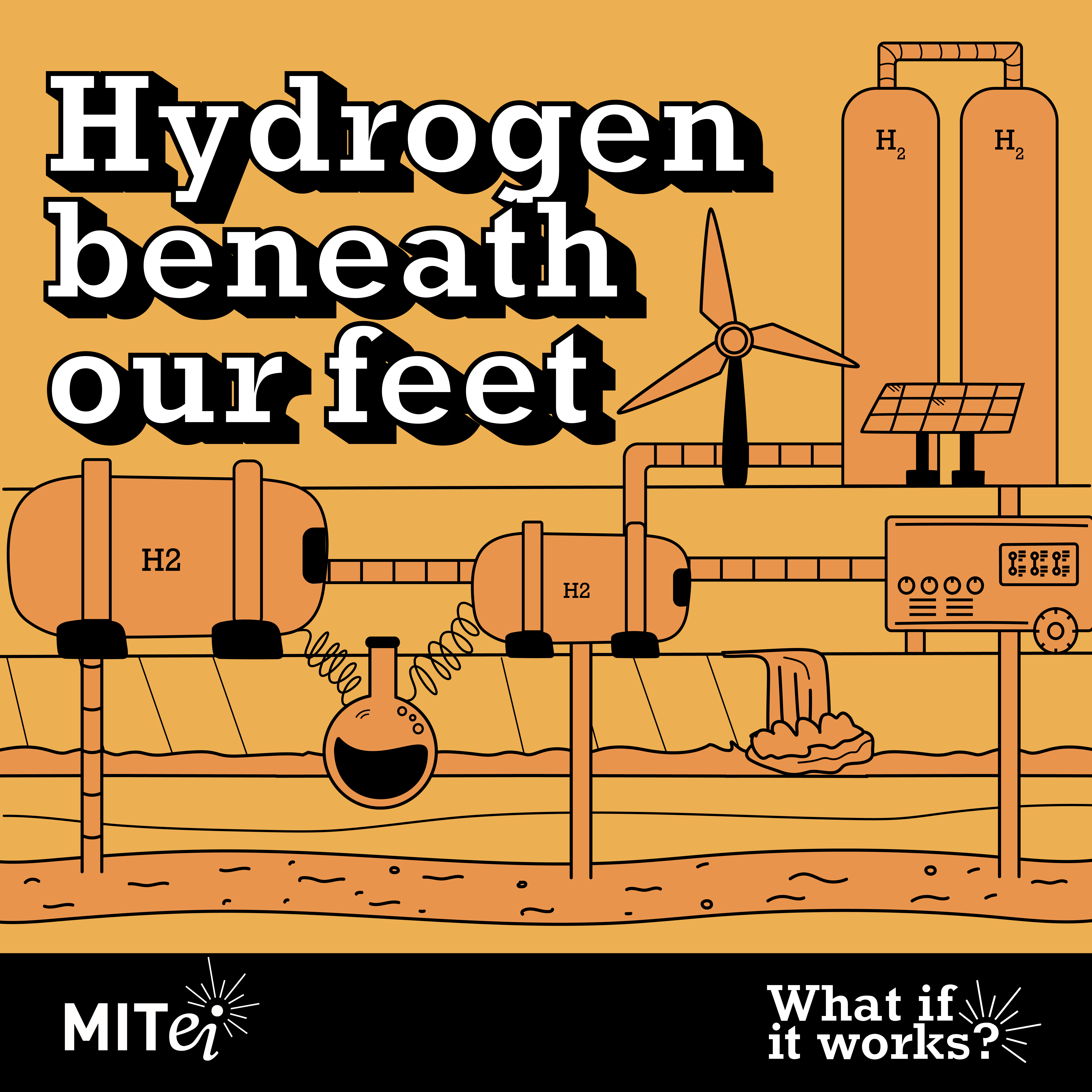The Mali Hydrogen Story: Discovering Energy Potential in Unexpected Places
Key Ideas
- In Mali in the late 1980s, a well drilled for water unexpectedly revealed a significant source of 98% pure hydrogen, showcasing the potential of hydrogen as a clean energy source for electricity generation.
- The discovery highlights the challenge of harnessing hydrogen due to the lack of infrastructure for transportation, pointing to the need for advancements to utilize hydrogen effectively.
- Hydrogen, when extracted in larger quantities, could revolutionize energy production by reducing CO2 emissions, especially in industries like steel manufacturing, currently dependent on fossil fuels.
- Although concentrated hydrogen sources are rare, understanding geological processes, like those in Mali where hydrogen is formed through specific reactions in ancient rocks, can guide future exploration for hydrogen reservoirs.
In a podcast discussion by Kara Miller and Rob Stoner from the MIT Energy Initiative, the narrative begins with a fascinating anecdote of a well drilling incident in Mali that unveiled a substantial reserve of hydrogen in the late 1980s. The accidental discovery of 98% pure hydrogen, initially used to generate electricity for a local village, sheds light on hydrogen's potential as a clean energy source. However, the limited infrastructure for hydrogen transportation poses challenges for its widespread utilization.
The conversation delves into the significance of hydrogen as a future energy source, particularly in reducing CO2 emissions by replacing fossil fuels in industries like steel production. Despite the transformative potential of hydrogen, its extraction remains complex due to the rarity of concentrated sources. The Mali case study elucidates the geological processes responsible for hydrogen formation, serving as a blueprint for identifying similar hydrogen reservoirs.
Brad Hager, a professor at MIT, explains the intricate geological conditions in Mali that facilitated hydrogen accumulation, emphasizing the role of specific rock compositions and water circulation beneath the Earth's surface. While Mali's unique setting offers insights into hydrogen generation, the global availability of such rich sources remains uncertain.
The dialogue underscores the need for further research to locate viable hydrogen reserves and develop advanced technologies for efficient hydrogen extraction and utilization. By understanding the geological mechanisms behind hydrogen formation, scientists aim to unlock the full potential of hydrogen as a sustainable energy solution for combating climate change and transitioning towards cleaner industrial practices.
Topics
North America
Clean Energy
Infrastructure
Climate Change
Steel Production
Energy Solutions
Future Energy Sources
Earth's Crust
Water Circulation
Latest News
